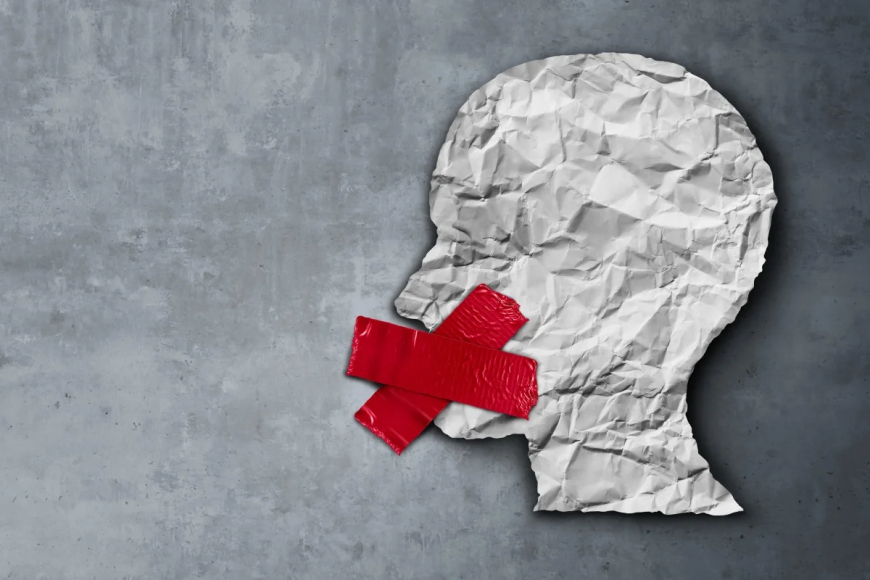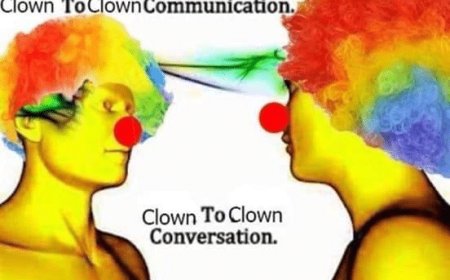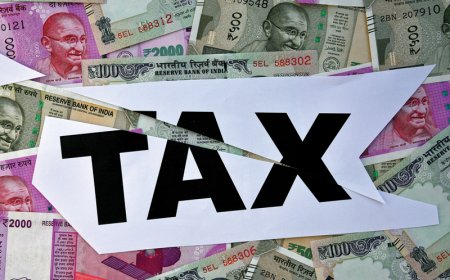Censorship: A Double-Edged Sword in the Battle for Free Speech
This article explores the contentious issue of censorship in relation to free speech from a libertarian perspective. It discusses the balance between protecting society and preserving individual liberties, questioning whether censorship can ever be justified. By examining the implications of limiting expression and advocating for open dialogue, the piece invites readers to reflect on their views regarding freedom of speech in a democratic society.

In today’s digital age, the discourse surrounding censorship has reached new heights, igniting passionate debates among advocates of free speech and those who argue for the necessity of content regulation. As libertarians, we hold the belief that individual liberty is paramount, and that includes the right to express one’s opinions freely. However, the question remains: is censorship ever justified? Where do we draw the line between protecting society and infringing upon personal freedoms?
Understanding Censorship
Censorship refers to the suppression of speech, public communication, or other information deemed objectionable or harmful. Governments, institutions, and private entities often impose censorship in an attempt to regulate the dissemination of ideas, opinions, and content. The rationale behind censorship can range from protecting national security to safeguarding societal morals.
The Libertarian Perspective
From a libertarian viewpoint, the core principle is that individuals should have the freedom to express their ideas without fear of retribution or censorship. This belief is grounded in the idea that free speech is essential for the functioning of a democratic society. It allows for the open exchange of ideas, the challenging of prevailing norms, and the ability to hold those in power accountable.
Censorship can be seen as a slippery slope; once we start restricting speech, we risk creating a precedent that can lead to more extensive limitations on personal freedoms. The question arises: who decides what is harmful or objectionable? The answer often lies in the hands of those in power, which can lead to bias and the suppression of dissenting voices.
The Case for Limited Censorship
While libertarians champion free speech, there are arguments suggesting that certain forms of censorship may be necessary to protect individuals and society. For instance, speech that incites violence, spreads hate, or perpetuates misinformation can have damaging consequences. The challenge lies in determining the threshold for such content without infringing on legitimate discourse.
Advocates for limited censorship argue that the potential harm caused by certain expressions can justify intervention. However, it is crucial that any measures taken are done transparently, with clear guidelines and oversight, to prevent abuse of power.
Finding a Balance
In navigating the complexities of censorship, it is essential to establish a balance between protecting free speech and preventing harm. One approach is to encourage open dialogue and debate around controversial topics rather than resorting to censorship. By fostering an environment where diverse perspectives can be shared and discussed, society can address harmful ideas without silencing individuals.
Furthermore, promoting media literacy and critical thinking can empower individuals to discern between harmful content and legitimate discourse. An informed public is less likely to fall prey to misinformation or extremist ideologies, reducing the perceived need for censorship.
Your Voice Matters
As we engage in this crucial conversation about censorship, it’s vital to consider our role as advocates for liberty. We must remain vigilant against attempts to curtail free expression, while also being aware of the potential dangers of harmful content.
We invite you to share your opinions on this issue. Do you believe censorship can be justified in certain circumstances, or should freedom of speech always prevail? Where do you think we should draw the line between protecting society and preserving individual liberties? Your voice is important in shaping the future of our society.
What's Your Reaction?




















































